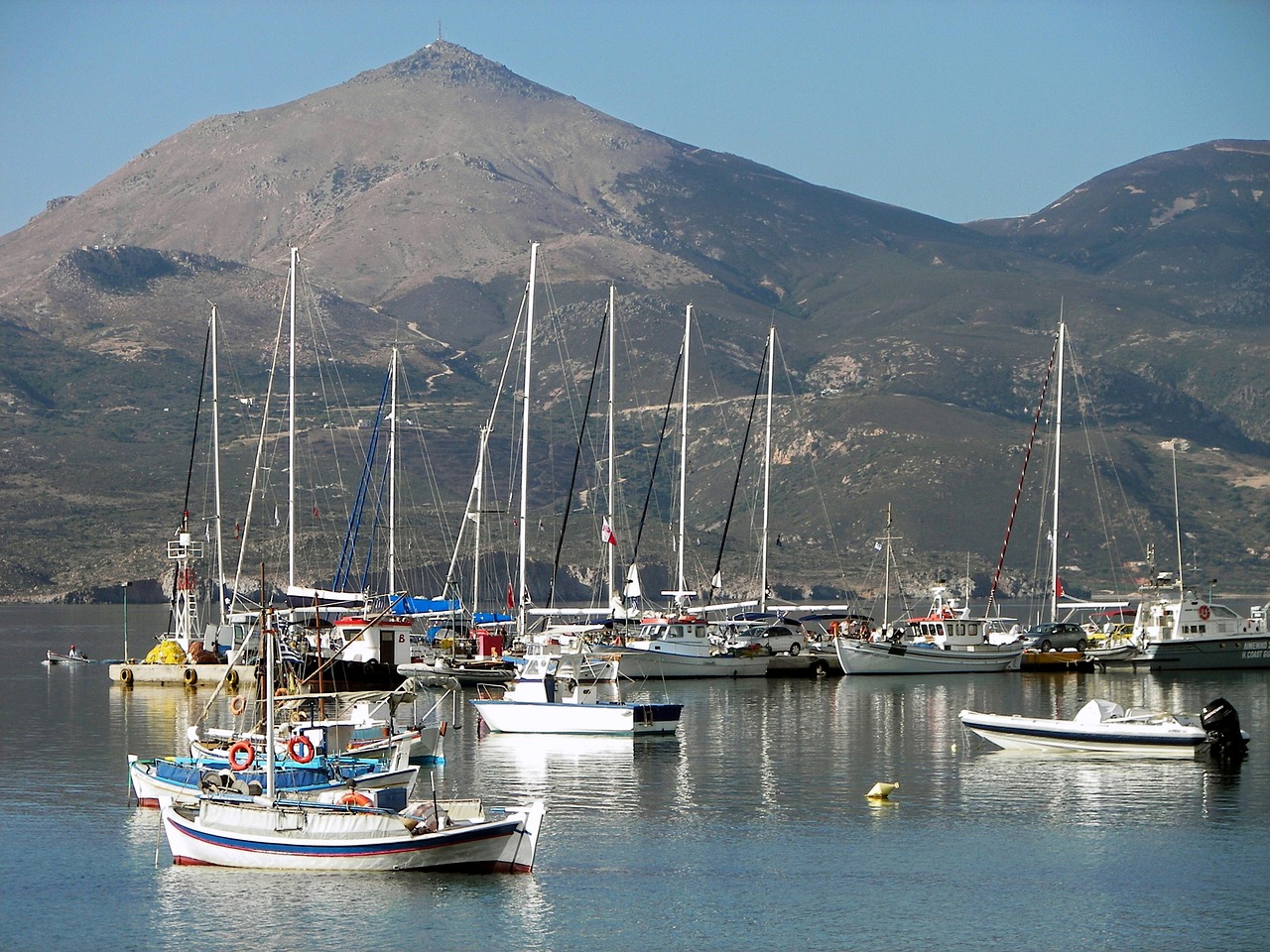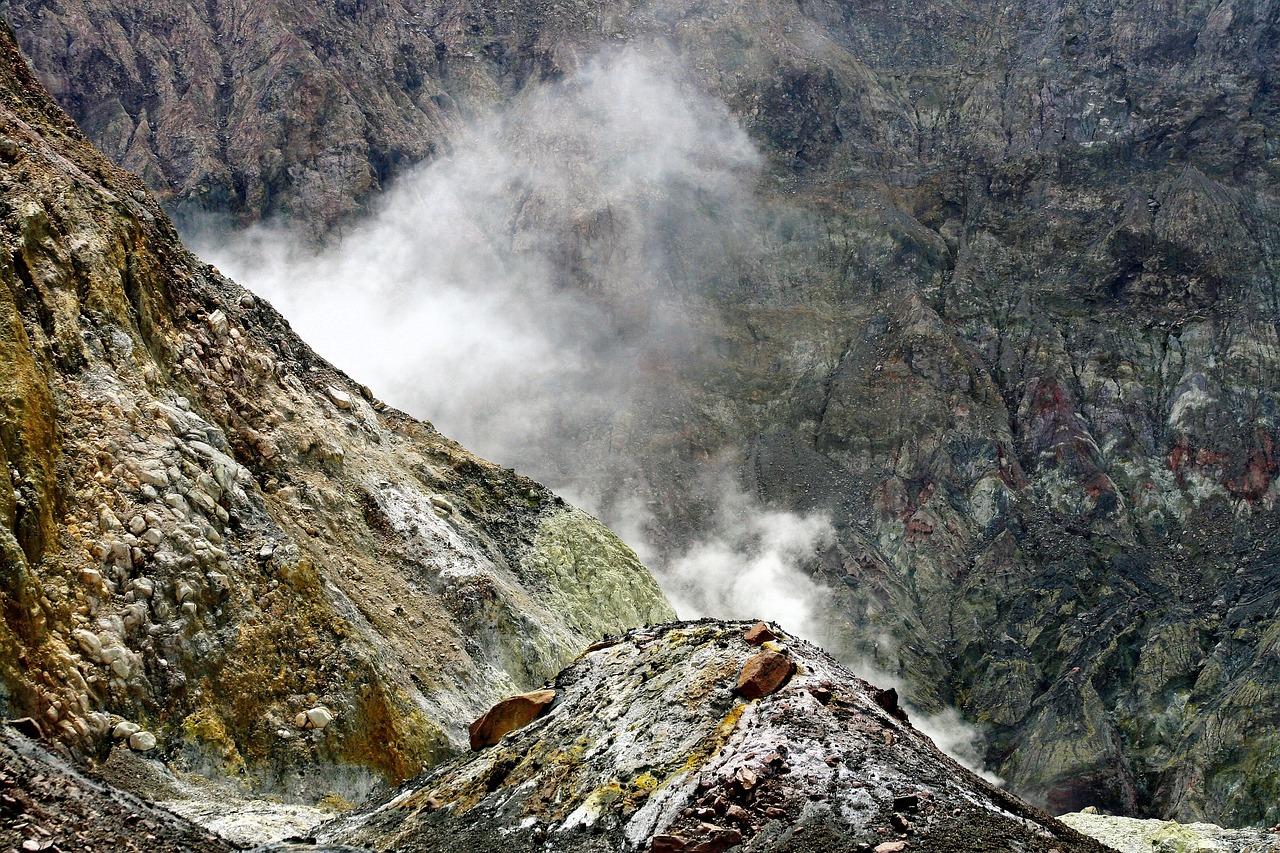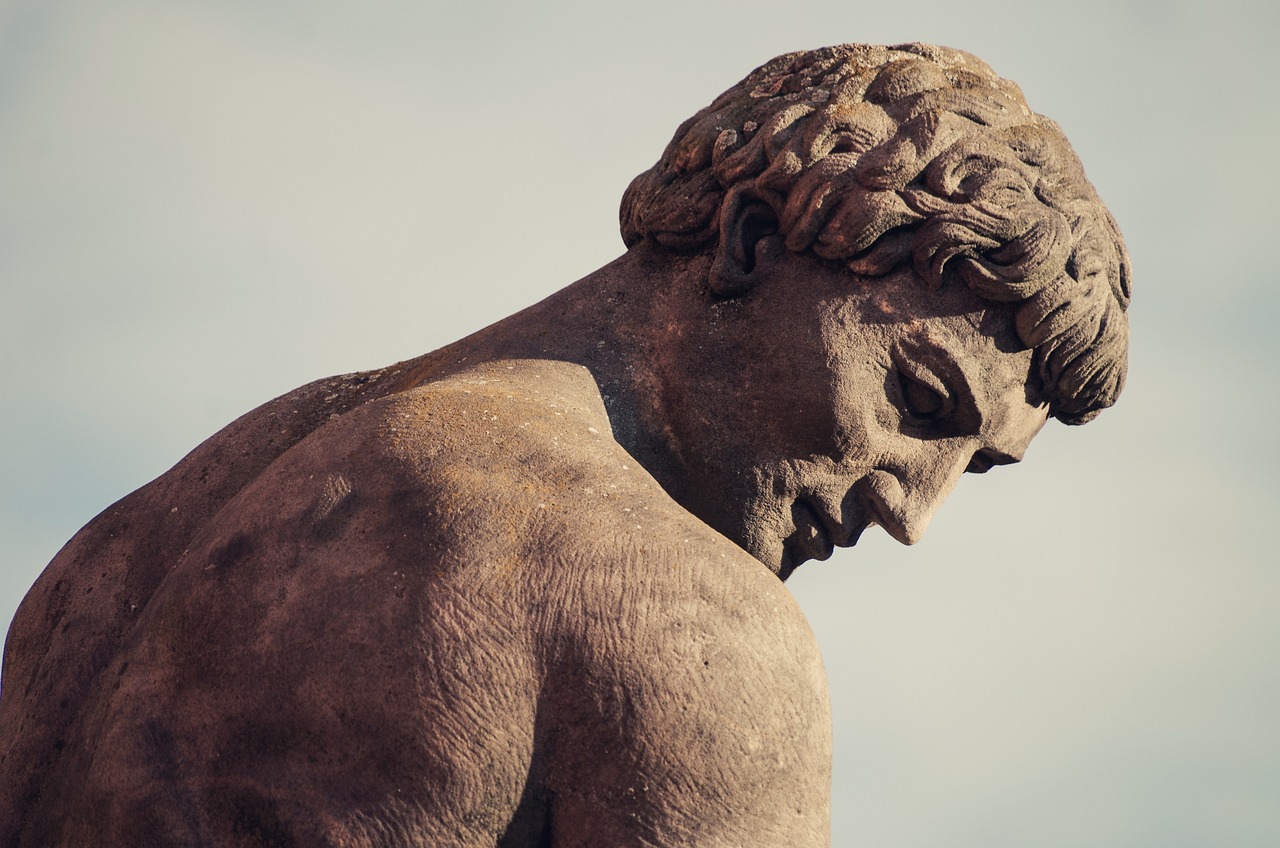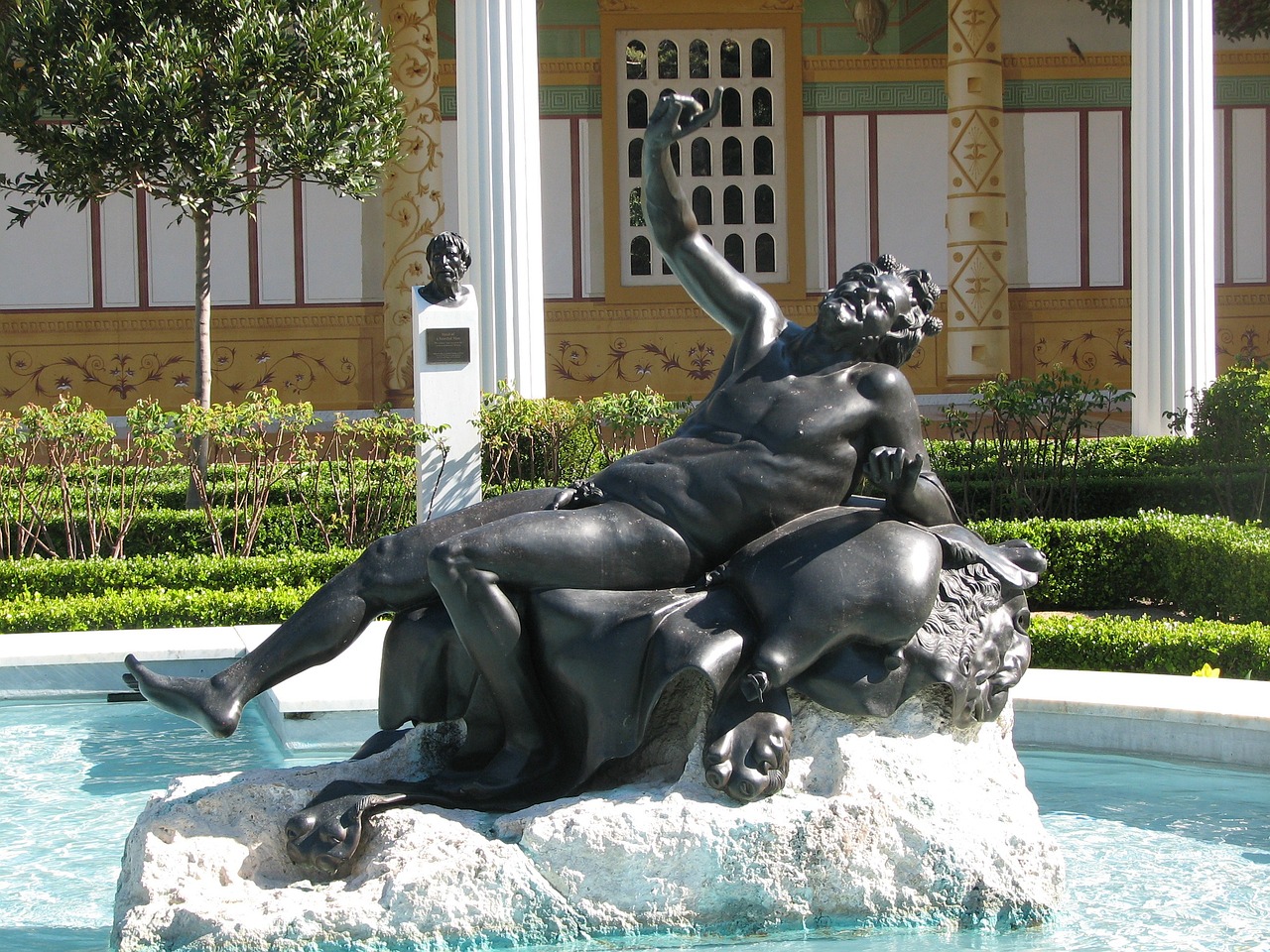Tag: Greek mythology
-
Zeus, the revered chief deity of ancient Greek mythology, embodies the sky and weather, mirroring the Roman god Jupiter. His name may derive from Dyaus, a sky god mentioned in the Rigveda of early Hindu texts. Known as the source of thunder, lightning, rain, and winds, Zeus wielded a thunderbolt as his primary weapon, and…
-
The Primordial Sky God: Ouranos (Uranus) In Greek mythology, Ouranos (or Uranus) stands as the primordial god of the sky, viewed as an immense dome of brass adorned with celestial bodies. His presence contrasted with that of his partner, Gaia (Gaea), who represented the earth itself. The union of Ouranos and Gaia resulted in the…
-
Odysseus, a central character in Homer’s renowned epic, the Odyssey, is celebrated as a pivotal figure in Western literary tradition. The narrative depicts Odysseus as the King of Ithaca, the offspring of Laertes and Anticleia (descendant of Autolycus from Parnassus), and the devoted husband of Penelope and father to Telemachus. In later interpretations, his lineage…
-
Hades, the deity of the underworld in ancient Greek mythology, was known by several names including Aïdes, meaning “the Unseen,” and Pluto, which translates to “the Wealthy One” or “the Giver of Wealth.” As a son of Titans Cronus and Rhea, he was part of the significant Olympian family, which included his brothers Zeus and…
-
Greek mythology presents a captivating array of deities, each endowed with distinct narratives and characteristics. Among these figures is Persephone, whose tales weave together elements of love, abduction, and transformation. This exploration will delve into Persephone’s identity, her extraordinary powers, symbolic meanings, and her significance within the broader context of Greek mythology. Understanding Persephone Persephone…
-
Poseidon, the esteemed deity of the sea, earthquakes, and horses, holds a significant stature in Greek mythology as one of the Twelve Olympians. He is one of the most formidable gods, alongside Zeus and Hades, governing all waters and being particularly revered by sailors and fishermen. Iconography of Poseidon Often depicted brandishing his iconic trident,…
-
Dionysus: God of Wine, Theatre, and Merriment Dionysus, known in Roman mythology as Bacchus, epitomizes the essence of wine, joy, and theatre in ancient Greek culture. As one of the more vibrant deities on Mount Olympus, Dionysus stands out for his colorful legacy and tumultuous origins. Birth and Early Life In Greek mythology, Dionysus, born…
-
Hercules: The Hero of Myth Hercules is often mistaken for a god, but he was originally born a mortal. His lineage is a tale woven with complexity; his father was Zeus, the supreme deity of the Greek pantheon, while his mother, Alcmene, was related to the hero Perseus. Lore has it that Perseus, another son…
-
Greek mythology encompasses a rich tapestry of narratives that detail the gods, heroes, and rituals of the ancient Greeks during classical antiquity. While certain thinkers, such as the philosopher Plato, acknowledged the fictional elements within these myths, they were largely embraced as truthful accounts by the populace. The enduring legacy of Greek mythology continues to…
-
Introduction to Chiron, the Centaur Chiron, known as Kheiron in Greek mythology, was the most prominent and wise among the Kentauroi, or Centaurs, a unique group of half-horse men hailing from Thessaly. Distinct from his wild brethren, Chiron was an immortal being, fathered by the Titan Kronos (Cronus) and the nymph Philyra. Rhea’s unexpected intervention…









